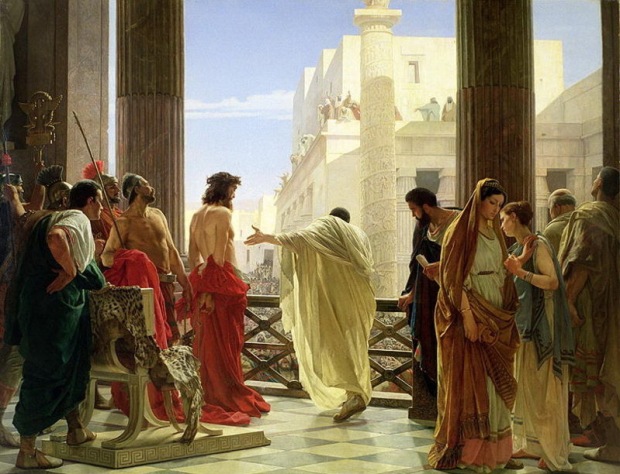
Published in the Souvenir of Central India Theological Seminary of October 2005.
Pilate saith unto him, What is truth? (John 18:38)
It is interesting to note that the only instance where Christ ever met Pilate in recounted history was at His trial. The ensuing dialogue between both of them is intriguing. It heavily concentrates on the urgency of Truth in a world mismanaged by humans.
The trial of Christ at Jerusalem reminds us of the trial...











